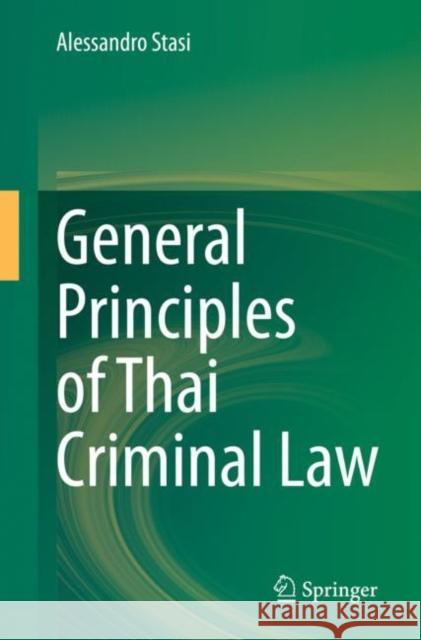General Principles of Thai Criminal Law » książka
topmenu
General Principles of Thai Criminal Law
ISBN-13: 9789811587078 / Angielski / Miękka / 2021 / 156 str.
Kategorie:
Kategorie BISAC:
Wydawca:
Springer
Język:
Angielski
ISBN-13:
9789811587078
Rok wydania:
2021
Wydanie:
2021
Ilość stron:
156
Waga:
0.26 kg
Wymiary:
23.39 x 15.6 x 0.97
Oprawa:
Miękka
Wolumenów:
01
Dodatkowe informacje:
Wydanie ilustrowane











